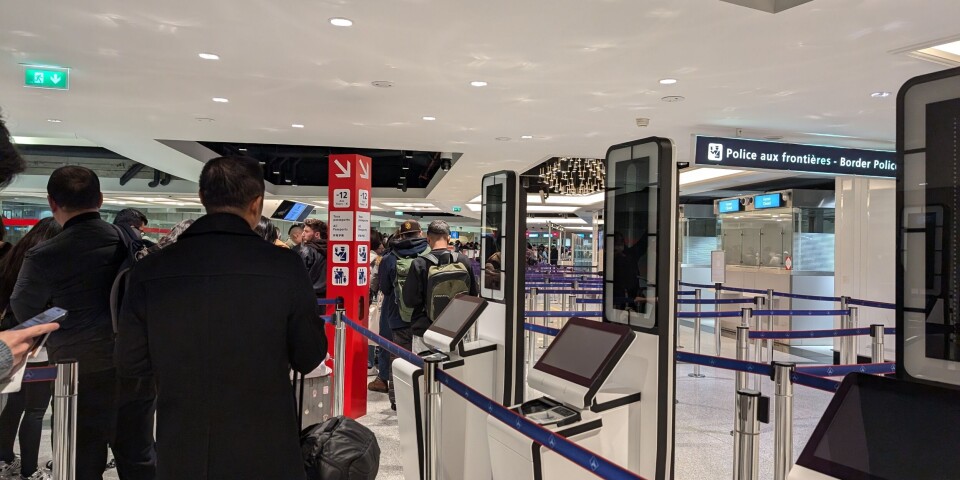-
Five questions for British and American drivers in France on new driving licence rules
Digital licences will be widespread by 2030
-
Map: Number of doctors in France rises (slightly), see best and worst areas now
The rise comes amid the growing issue of ‘medical deserts’ in rural areas
-
Driving licences: New rules on medicals, UK exchanges and renewals in France
Planned EU legislation seeks to modernise documentation and improve road safety
Losing sight in one eye – can I drive in France?
As a result of a cataract operation I have lost the sight in one eye. My doctor says that, as I now have near perfect vision in the other eye, I am able to continue to drive. Do I have to inform anyone of this change? K.F.

In the event of certain serious changes in health condition which might potentially be deemed incompatible with driving you are required to voluntarily undergo an examination from a doctor approved (agrée) by the prefecture (this cannot be your own GP) and they will decide if you may continue to drive.
The same applies where the condition may not necessitate a ban but which may mean having a licence with a limited validity period or making certain adaptations to the car.
An exhaustive list of conditions potentially concerned can be found (in French) here: tinyurl.com/health-driving
They may include, for example, epilepsy, diabetes, cardio-vascular problems – and a number of conditions affecting sight.
Where this situation may apply, it is advisable to contact the local prefecture to check requirements and obtain a list of doctors. Form Cerfa number 14880*01 has to be completed and taken to the appointment (you can find it with a search at service-public.fr).
It is true that the loss of the sight in one eye is not necessarily deemed a bar to driving as long as the sight in the other eye is good (this may include use of glasses or lenses, if appropriate).
Please note, however, that the list of conditions states at point 2.1.1 that a sudden loss of sight in one eye requires someone to stop driving for at least six months.
























